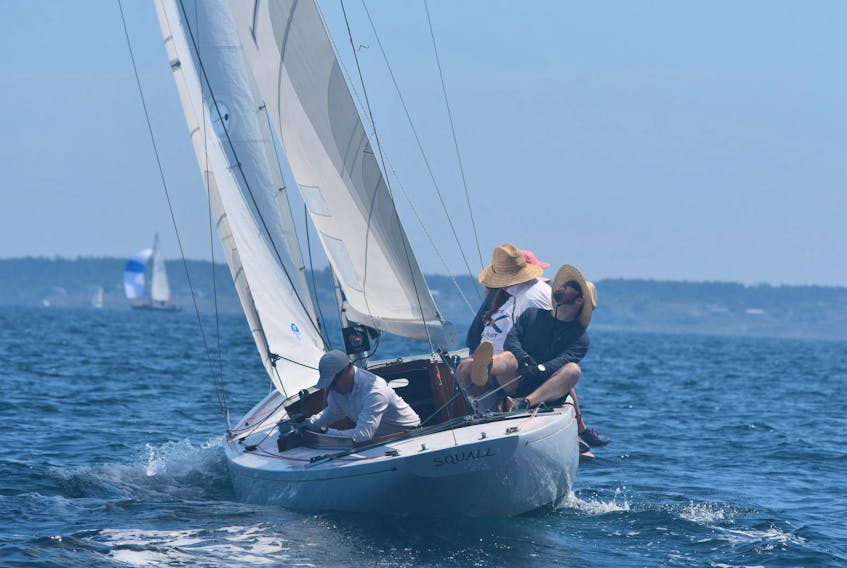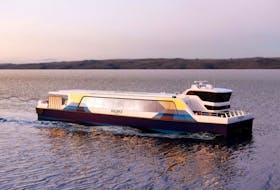When London’s The Telegraph newspaper reported recently that people who live close to the sea are happier and saner than those who live inland, I may have let out a loud “aha.”
I may have looked around for someone to approach, hand them my laptop with the story on the screen and, whether they were a stranger or not, say “see” – because I have known this for a long time, even if I’ve never really put it into words before.
So, I was thankful for those researchers from the University of Exeter who used data from 25,963 respondents and found, after adjusting for other factors, that living near the coastline is linked with better mental health for those in the lowest earning households.
Their research suggests those who live less than a kilometre from the coast are around 22 per cent less likely to have symptoms of a mental health disorder, than those who live beyond 50 km away.
The piece mentioned a term I wasn’t familiar with: blue health, the notion that water-based environments can affect health and well-being.
It also included some reaction from academics and health experts who said that giving people access to coastal zones could “level the playing field between those on high and low income" and speculated that the study would provide some ammunition for convincing governments to protect, create and encourage the use of coastal spaces throughout Britain.
All of this, of course, bodes well for us. No Nova Scotian lives farther than 60 kilometres from the ocean. In Prince Edward Island, that number is a mere 16 kilometres.
This proximity, and what it implies, might explain why, when we leave the Maritimes for land-locked areas to the west, we pine so for the ocean, even if the closest we got to it while we were here was a beach chair, cooler at the ready, watching the surfers out on Martinique Beach.
But it works the other way, too.
Marina Fregeau lived for a time outside of Chicago, close to Lake Michigan. But there’s something about the ocean, says the Canadian-born artist, who has made her home in Lunenburg County’s Broad Cove for the past 19 years.
“It’s a soothing place,” says Fregeau, whose work often focuses on the sea. “But it also gives you a perspective that you don’t get while on land. It makes you feel that you are not big, but small.”
I know just what she means.
When I look out upon some of the same stretches of ocean that Fregeau does, I get a thrilling feeling that I don’t get staring down a city block, as fond as I am of the streetscapes of Halifax.
I feel, I guess, like my “Foreign Protestant” ancestor would have, before the grim reality of the Atlantic crossing to this new world began, and all he could see, peering from the docks of Rotterdam in 1751, was endless possibility.
I’m a foolish romantic, so I like to know that I am staring out upon the same waters upon which Erik the Red, Joshua Slocum and the Spanish Armada sailed into history.
As a landlubber, I’m also wonderstruck to know that mountainous liners, sleek racing yachts and stolid lobster boats ply waters where men die today as they have died since they first climbed into ocean-going vessels.
What is more, anything could be out there, underneath the surface of an ocean that, at its deepest, is the equivalent of the world’s tallest building stacked end-to-end 10 times.
So, like Fregeau, I feel awed by the ocean. I think it is good to feel awe-stuck by life, to be told, because we can forget these things, that you are not big, but small.
Reminders of the endless cycle of life and death are everywhere near the ocean. On the beaches where I tend to walk, seals wash up eviscerated by boat propellers, decapitated by great whites.
When the tide goes out, I’ve taken to walking in the mud, until I feel something hard underfoot. At that point, I dig down a couple of inches, where usually there’s a quahog that probably never knew that its entire life’s purpose was to become part of my dinner.
In this way, the sea reminds me that my life is still, in a small way, connected to nature, which is a comforting thought, a thought that can help keep a person moving forward in these challenging days.
But the sea brings magic to our hum-drum existence, too.
One night, not too long ago, I looked down a cove and saw a string of lights running across the horizon some distance out to sea.
Herring fishermen, I was told, in pursuit of a run of fish. But I put on my jacket anyway.
In the dark, I headed down the road towards the ocean, where something special awaited, I just knew it.
John Demont is a columnist for The Chronicle Herald in Halifax, Nova Scotia.
Want to join the conversation? Comments are open on this article at SaltWire.com for members.








